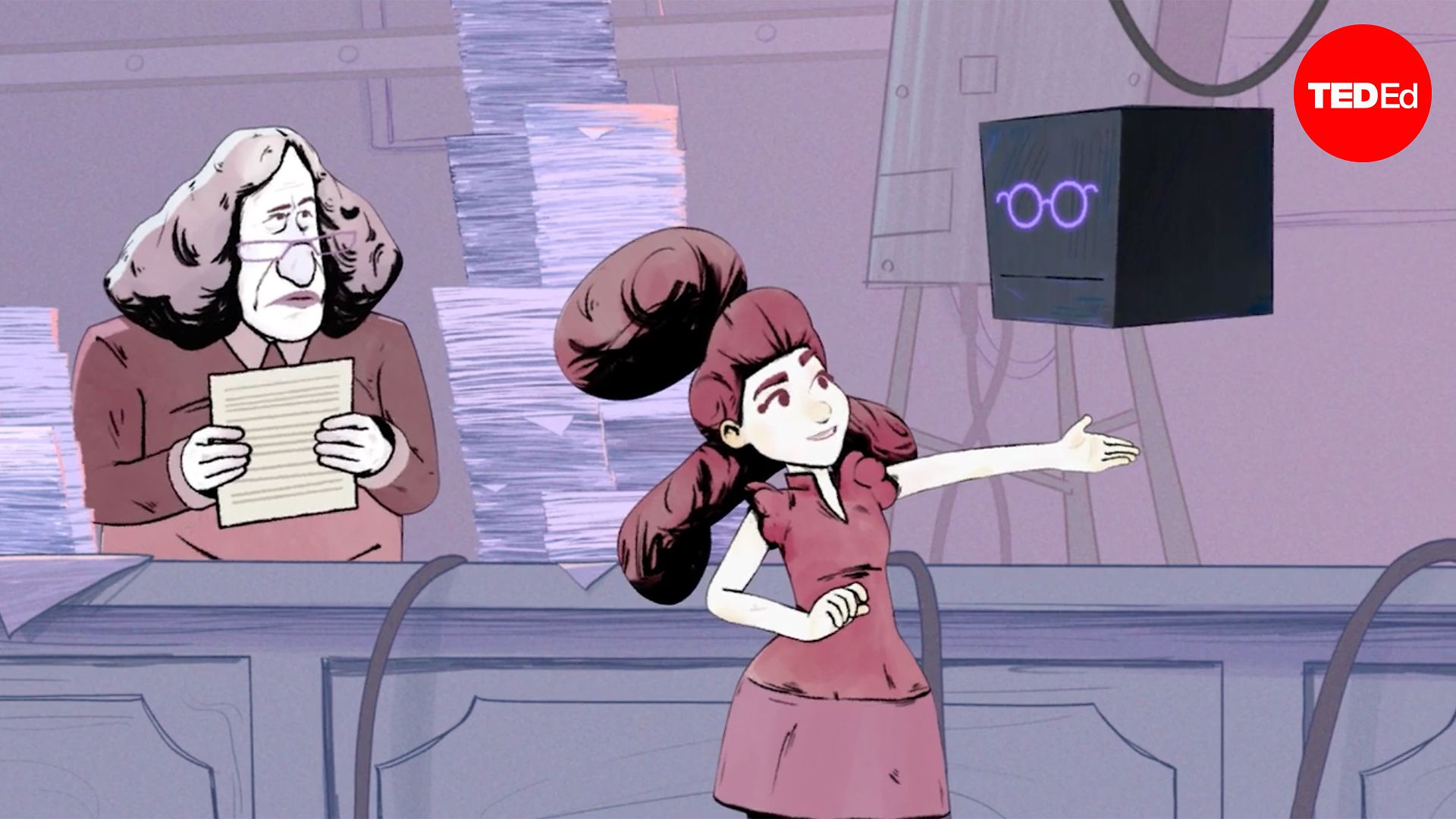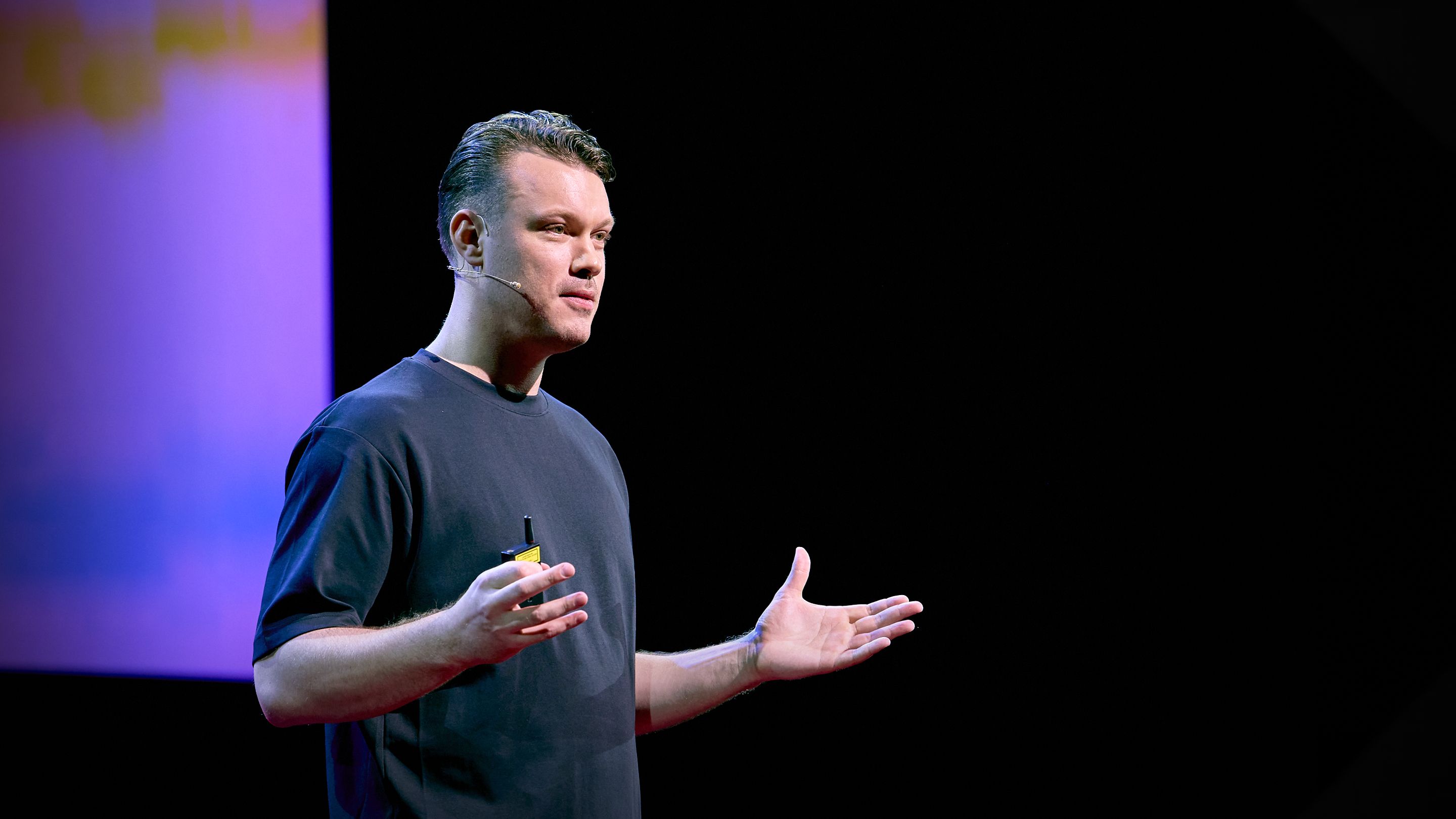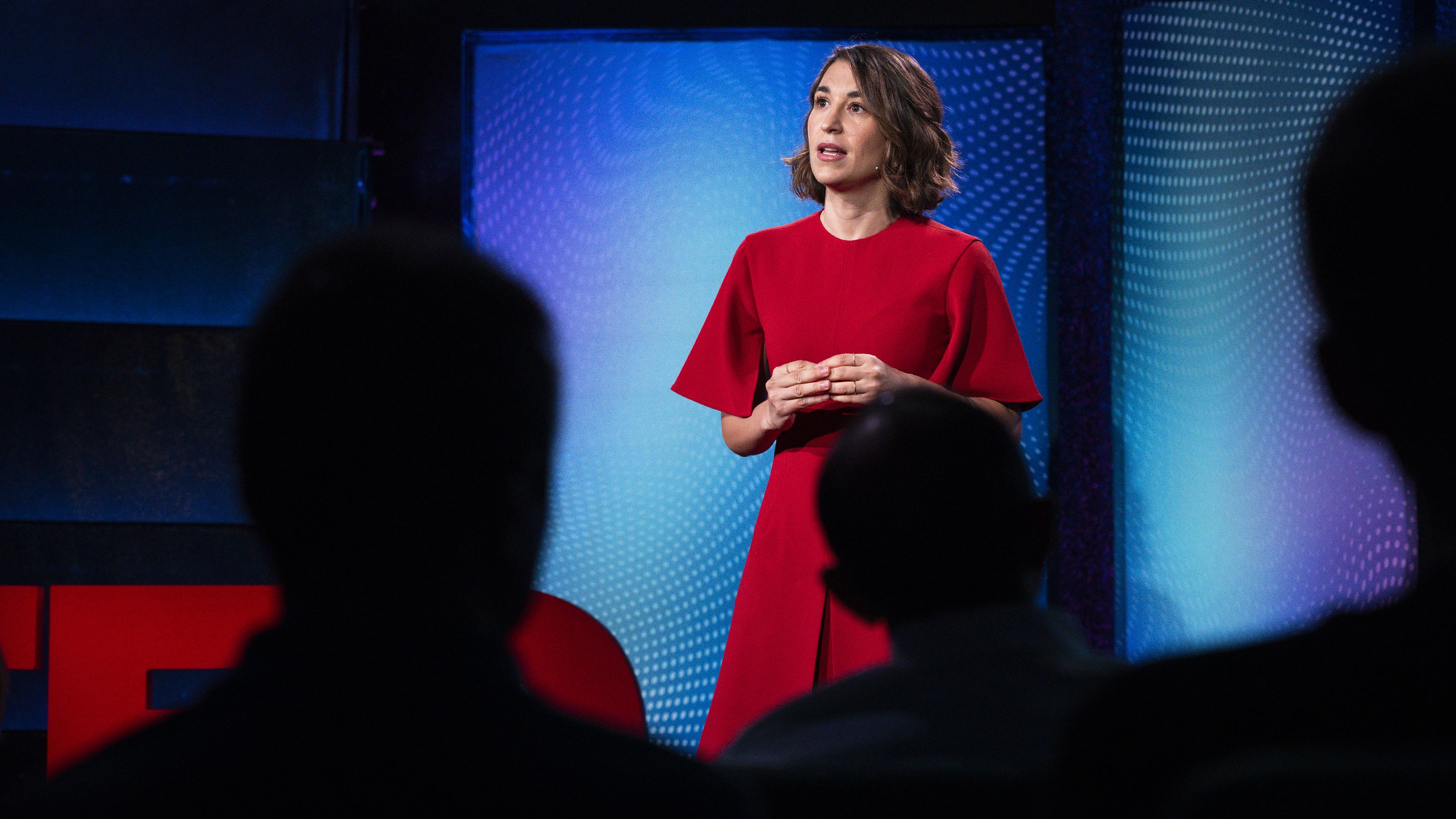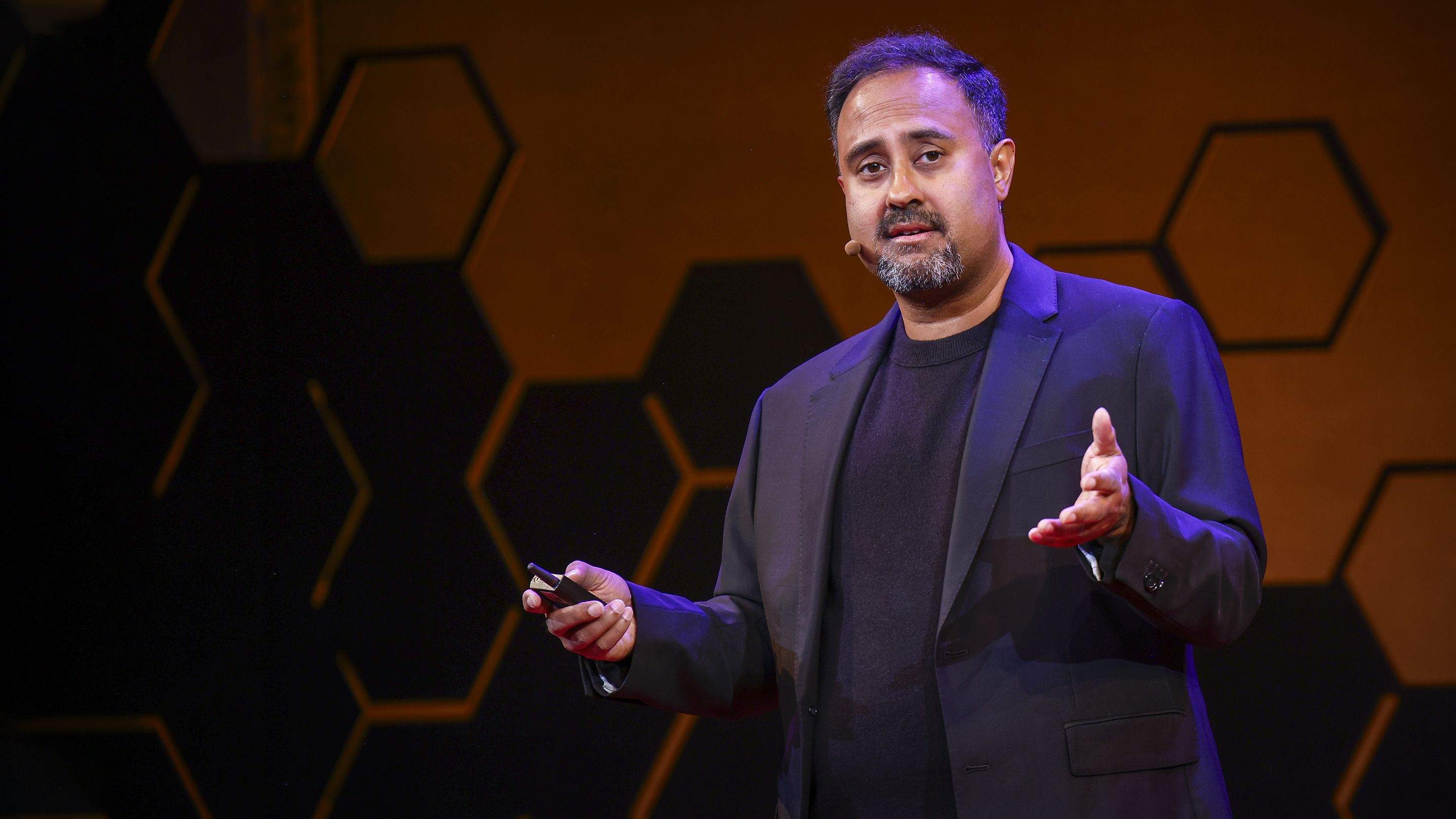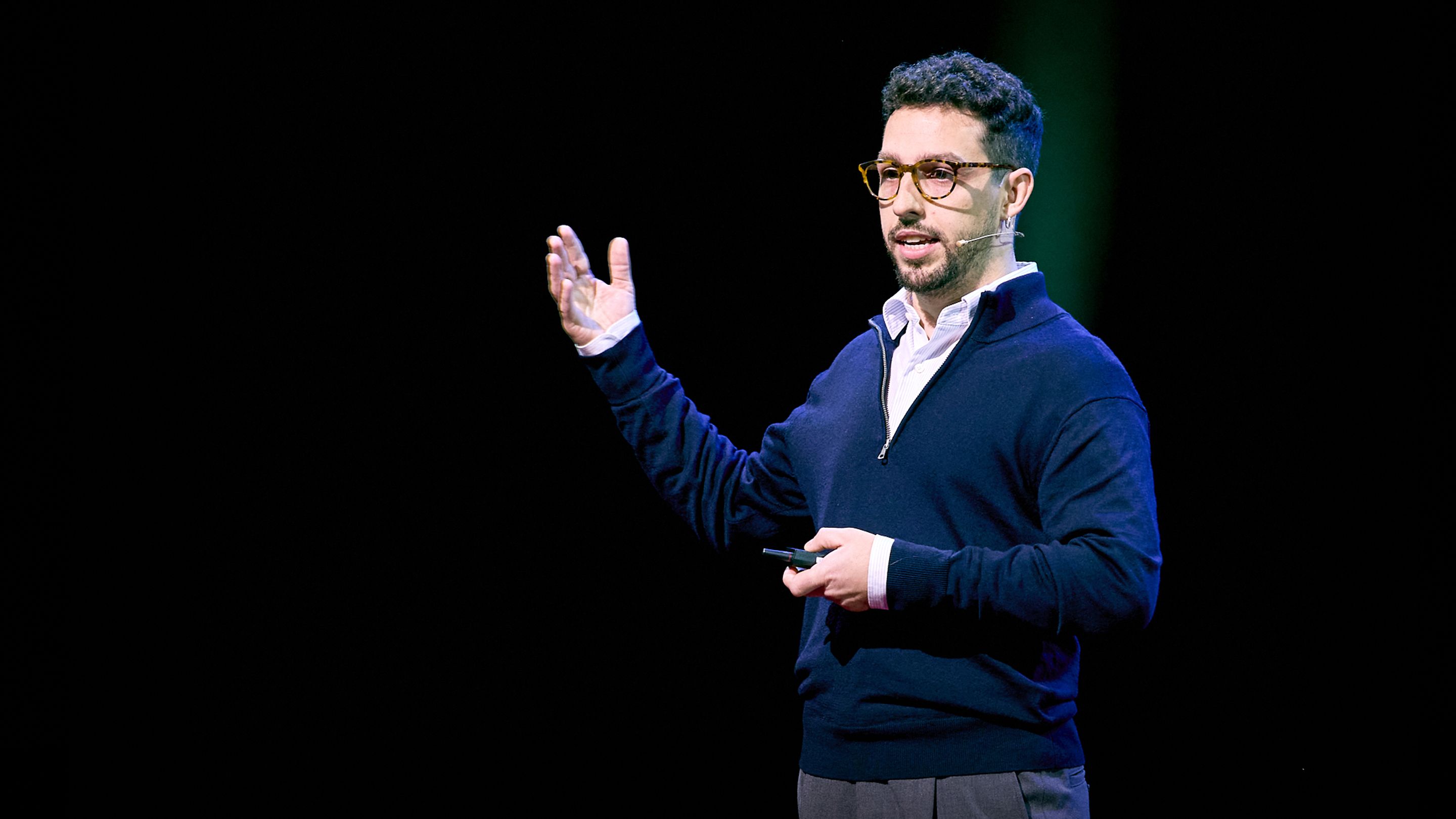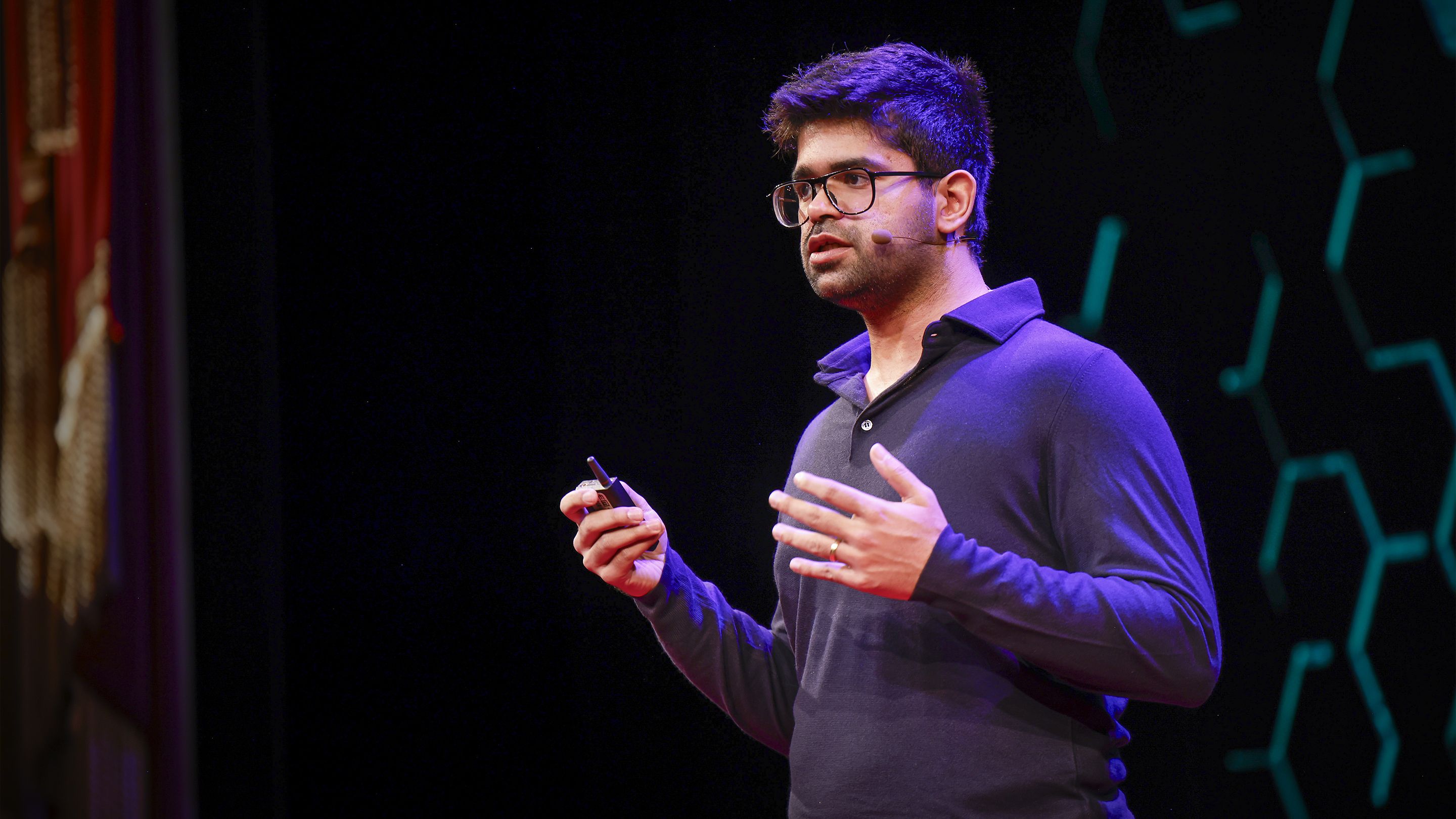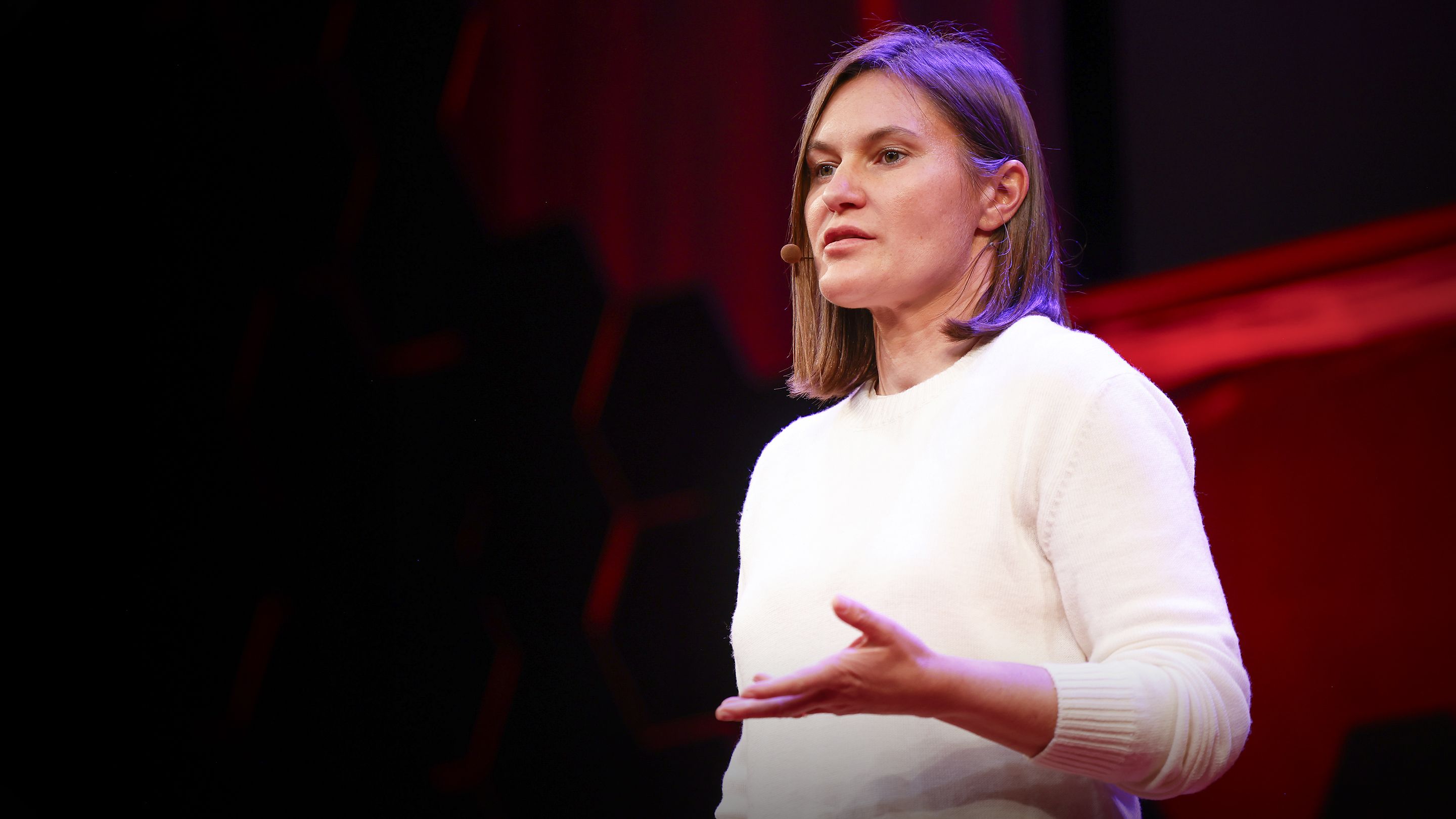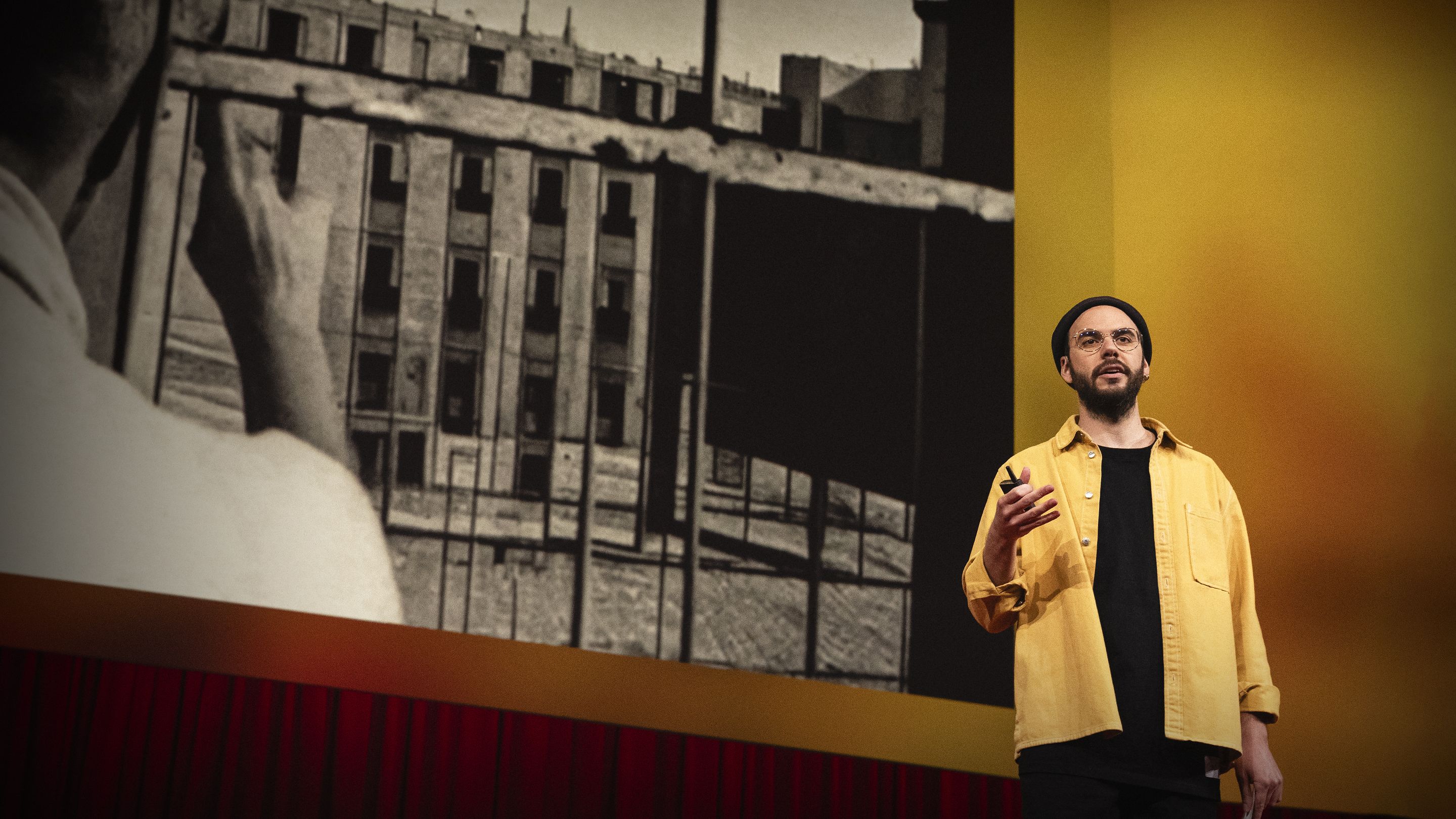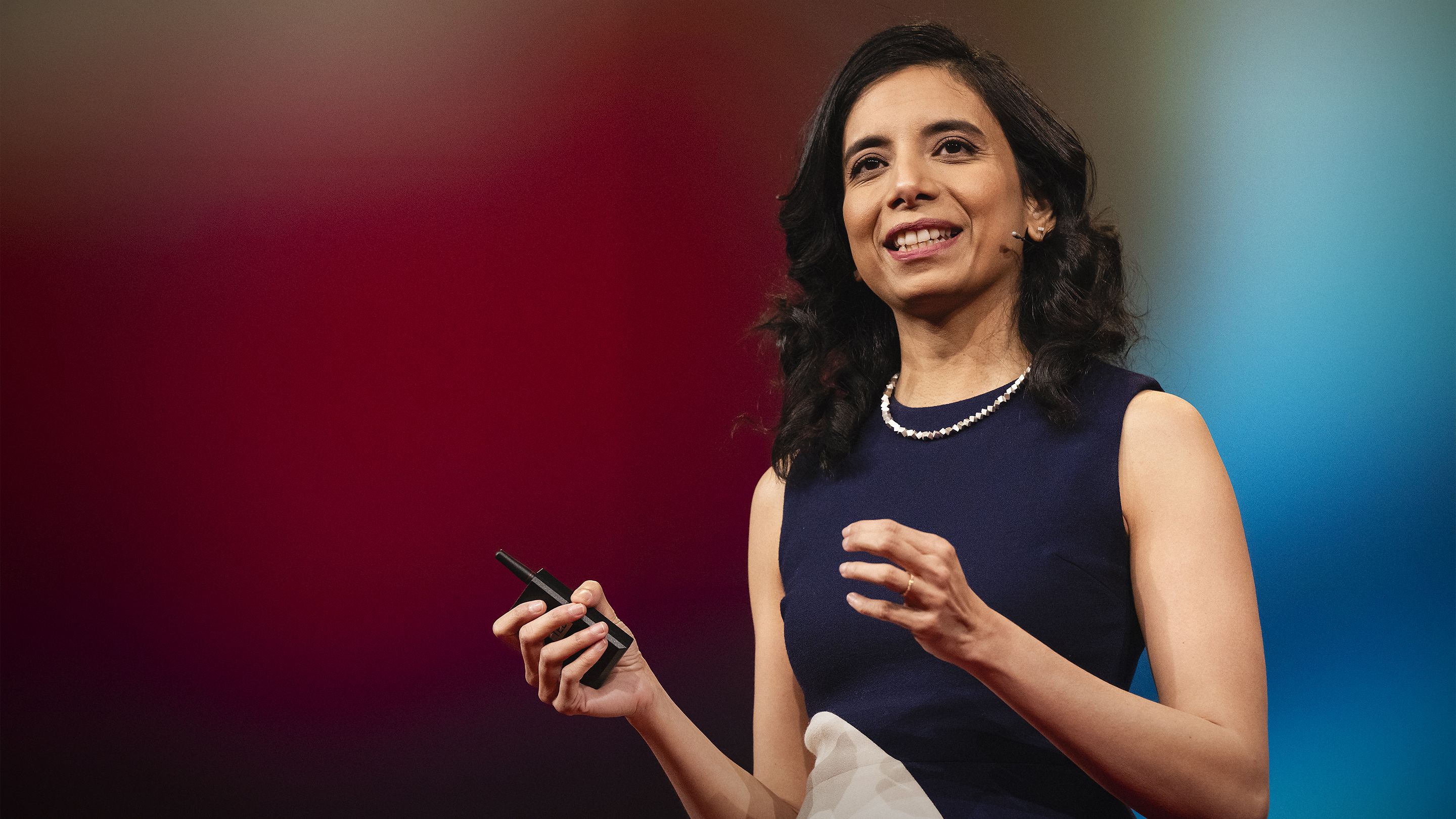Artificial intelligence
A collection of TED Talks (and more) on the topic of Artificial intelligence.
Talks about Artificial intelligence
Exclusive articles about Artificial intelligence
Many of us thought we’d be riding around in AI-driven cars by now — so what happened?
We’ve been told that AI-driven cars will soon be all over our roads, but where are they? Writer Janelle Shane explains how our world with all its unpredictable challenges -- things like pedestrians, sinkholes and kangaroos -- are testing the capabilities of the most advanced artificial intelligence.
Posted Nov 2019
How a snot-collecting marine drone is giving us an exciting new view of whale life
A flying device combined with some nifty software is serving up invaluable information about the health of whales -- and our oceans.
Posted Jul 2018
How can we save more lives during a refugee crisis? See it coming before it hits.
Refugee advocate Rana Novack is using AI to help predict new waves of migration -- so the world can help before disaster strikes.
Posted Jun 2018
